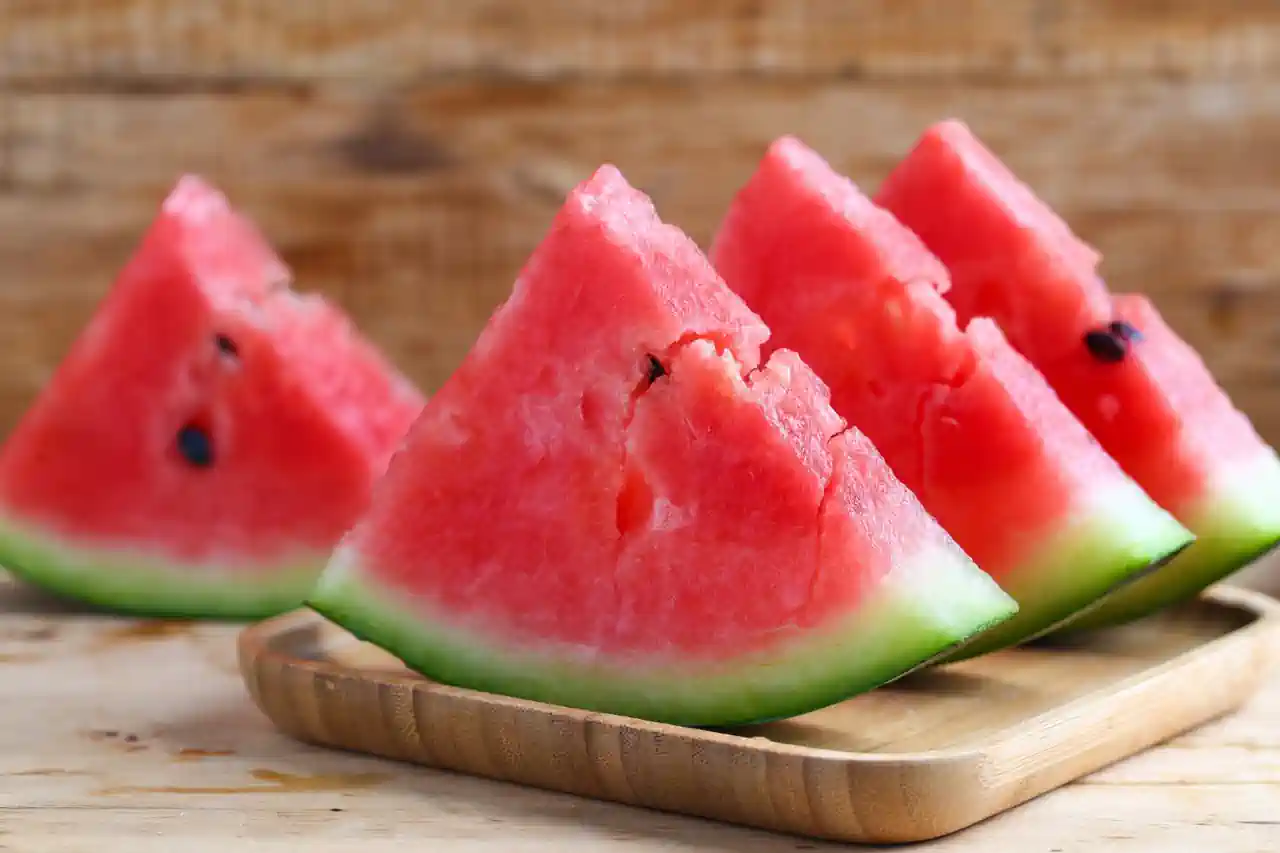Diabetes is a chronic condition that affects millions of people worldwide. It requires careful management of one’s diet to maintain healthy blood sugar levels. Watermelon is a delicious and hydrating fruit, but its high sugar content has raised questions about whether individuals with diabetes can enjoy it without compromising their health. In this article, we will explore whether watermelon is a safe choice for people with diabetes and provide some tips on incorporating it into a diabetic-friendly diet.
Understanding Watermelon’s Nutritional Profile
Watermelon is a popular summer fruit known for its sweet and refreshing taste. It is low in calories and fat, making it a healthy option for most people. However, its carbohydrate content, specifically sugar, raises concerns for those with diabetes. A 1-cup serving of watermelon (approximately 154 grams) contains about 9 grams of sugar and 11 grams of carbohydrates.
Can Diabetics Eat Watermelon?
The short answer is yes, diabetics can eat watermelon, but they should do so in moderation. Watermelon has a high glycemic index (GI), which means it can cause a rapid spike in blood sugar levels when consumed in large quantities. To manage this, individuals with diabetes should:
- Practice Portion Control: Enjoying a small serving of watermelon is key. A typical portion is about half a cup, which contains fewer carbohydrates and sugar.
- Pair with Fiber and Protein: Combining watermelon with foods high in fiber and protein, such as nuts or Greek yogurt, can help slow the absorption of sugar into the bloodstream, reducing blood sugar spikes.
- Monitor Blood Sugar Levels: After eating watermelon, it’s essential to check your blood sugar levels to understand how your body responds to this fruit.
- Choose Ripe Watermelon: Opt for ripe watermelon, as it tends to have a lower GI compared to unripe fruit.
- Consider the Timing: Eating watermelon earlier in the day may be a better choice, as it allows the body more time to metabolize the sugar.
- Consult a Healthcare Professional: If you have concerns about including watermelon in your diet, consult with your healthcare provider or a registered dietitian for personalized advice.
Incorporating Watermelon into a Diabetic-Friendly Diet
Watermelon can still be a part of a diabetic-friendly diet when consumed mindfully. Here are some tips for incorporating it:
- Mix with Other Fruits: Create a fruit salad with a mix of low-GI fruits like berries, cherries, and watermelon.
- Freeze Watermelon: Enjoy frozen watermelon chunks as a refreshing, guilt-free treat.
- Make a Smoothie: Blend watermelon with low-carb ingredients like spinach and chia seeds for a balanced smoothie.
- Create Hydrating Infused Water: Add watermelon slices to your water for a hint of natural sweetness and hydration.
Watermelon can be included in a diabetic diet, but it should be consumed in moderation and with attention to portion sizes. The high sugar content may cause blood sugar spikes if not eaten mindfully. By practicing portion control and pairing watermelon with fiber and protein, individuals with diabetes can still savor this refreshing fruit as part of a balanced diet.
Always remember to monitor your blood sugar levels and seek guidance from a healthcare professional if you have concerns about including watermelon in your diet.
References:
- American Diabetes Association. (n.d.). Glycemic Index and Diabetes. https://www.diabetes.org/nutrition/understanding-carbs/glycemic-index
- USDA Food Database. (n.d.). Watermelon, raw. https://fdc.nal.usda.gov/fdc-app.html#/food-details/339682/nutrients

